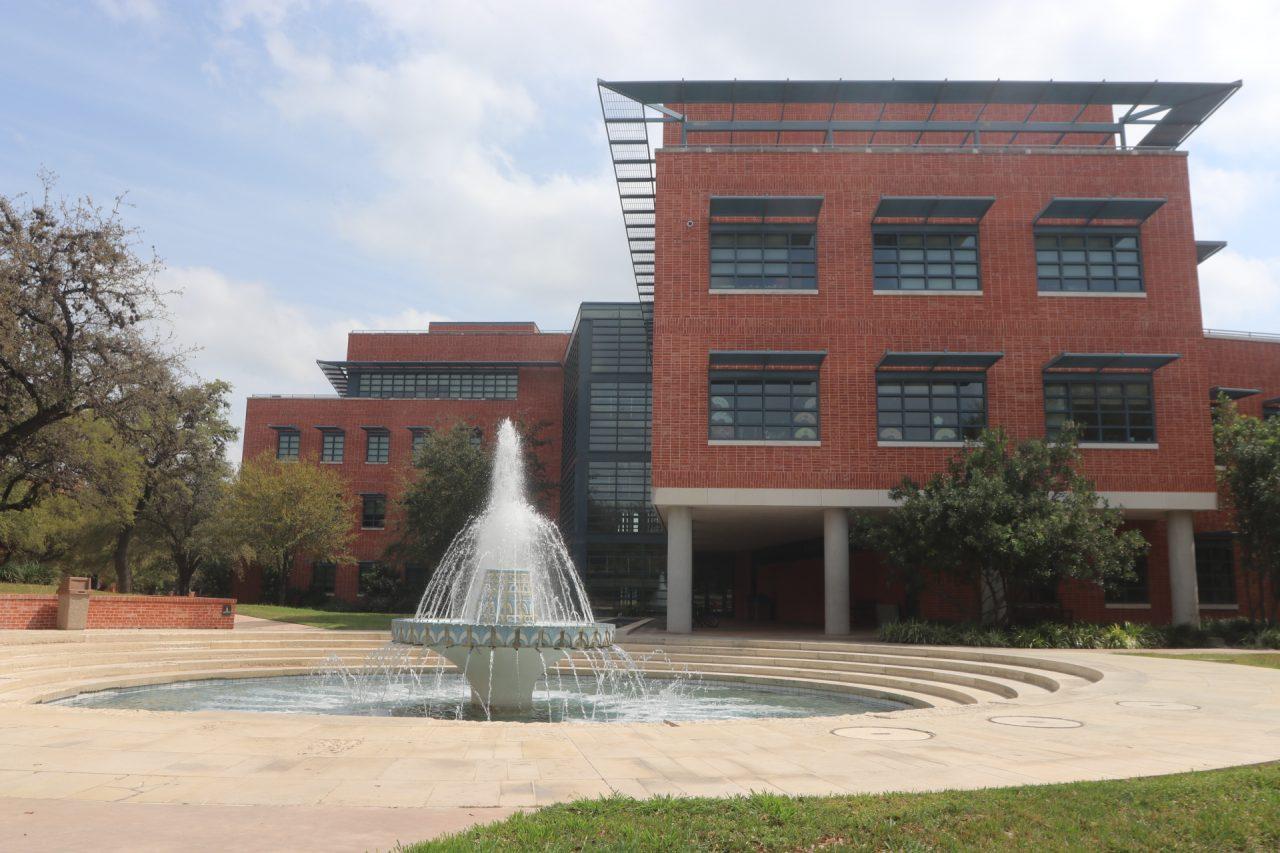Photo by Kathleen Creedon
This article is a part of the Trinitonian’s coverage of Trinity University’s response to the novel coronavirus (COVID-19). Click here to read the rest of our coverage.
When Trinity students go to school for a semester, the home they leave behind has one less mouth to feed, smaller water and energy bills, and more space in the house.
But when students are sent home for the rest of the semester during an unprecedented global pandemic, that changes things.
For Jeremy Boyce, associate director of Admissions, that’s the main reason behind the university’s creation of the Student Emergency Fund. Boyce is one of four people on the committee which allocates the fund.
“The goal of it was to try and help students, you know. This whole COVID-19 thing was kind of just dropped on all of us, and it has an impact that’s not cohesive across the board,” Boyce said.
Webcams, laptops, rent money, noise-canceling headphones: These are all things Boyce said students are requesting. The fund is university money, including some allocated to the crisis management team for emergency planning. The exact amount was not disclosed.
“A majority of Trinity students are going to be inconvenienced by this, and it’s going to be unfortunate, and it’s going to be annoying,” Boyce said. “But they’ll be fine. They’ll go home and get on their computers and use the wifi, and it won’t be their normal lifestyle, but they’ll deal with it.”
David Tuttle, dean of students and associate vice president for Student Life, helped get the Student Emergency Fund committee up and running. He worked with a group of people from across campus, including members of Financial Services, Alumni Services and some Student Government Association representatives to create the process.
“I was given the charge to get it up and running, so I set up a quick committee of people on a Sunday, we met on a Monday, and I think we had the process up and running on a Tuesday. We were asked to get get it mobilized pretty quickly,” Tuttle said.
Tuttle explained that the university saw other institutions doing something similar and felt it was the best way to help students.
To request financial help, students fill out a Google Form, which goes to the committee, and once they make a decision of whether to fund and how much to fund the request, the send their approval to the Business Office.
According to university chaplain and head of the committee Alex Serna-Wallender, roughly 250 requests have come through and very few have been denied. However, the process is fairly quick.
“We have historically been meeting every day to review requests as they have come in,” Serna-Wallender said. “[The Business Office] will process it or they’re trying to process payments or assistance multiple times a week, which is historically much faster than they normally do.”
But despite the timely nature of the assistance and the varying requests, Serna-Wallender said they’re taking each individual request into consideration.
“There’s a lot of vulnerability that comes with making a request with asking for help, and we want to honor that vulnerability that it takes to say, ‘Actually, I need assistance in this time,'” Serna-Wallender said.
Though Serna-Wallender has been receiving good feedback from students, he said the committee will reach out to individual students once the semester settles down a bit.
The fund is finite, and the committee is coming close to exhausting it.
“It’s kind of a balance we’re trying to create between what a student’s requesting and what we have, what we’re able to provide for that,” Boyce said. “We don’t want a student to think they’ve been left high and dry, but at the same time, we need to make sure we don’t deplete the budget because there are so many students that are looking for our help.”
For now, the requests have tapered, and there are still options for students who may need assistance later in the year, including the Raymond Judd Student Emergency Fund, which was started by an anonymous donation from an alum in honor of the former university chaplain Raymond Judd. Serna-Wallender oversees the fund as the current chaplain.
Boyce explained that the committee wants to help students continue school with as little extra stress as possible.
“A lot of students will just try to grin and bear it, but we don’t want them to have to do that,” Boyce said.
For Serna-Wallender, the work going on behind the scenes, like the creation of this fund, has been the most inspirational part of the past month.
“You know, we often talk about Trinity as an institution, but really, an institution is made up of this collective,” Serna-Wallender said. “I’ve been heartened by the number of people [at Trinity] who really care deeply about students.”







